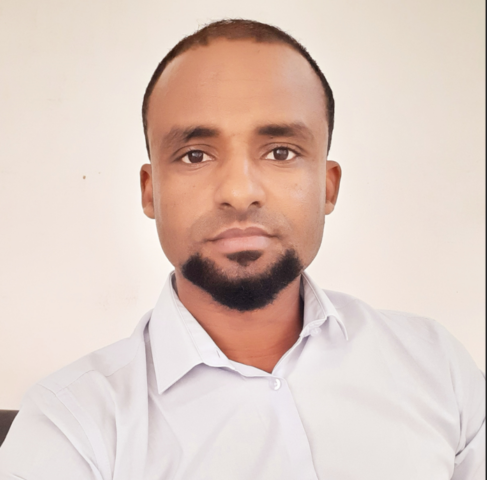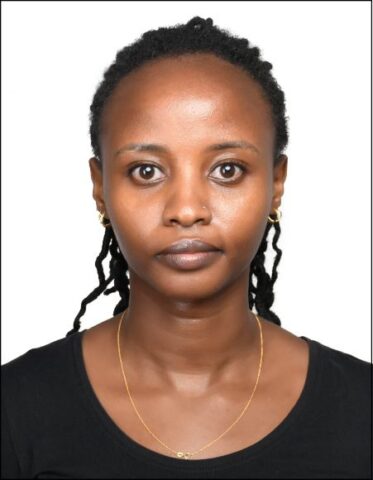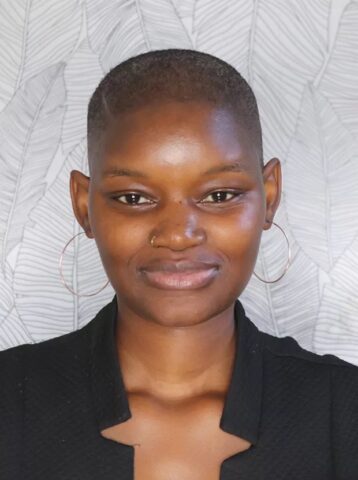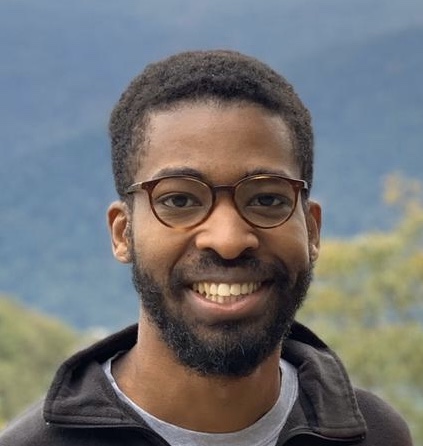Programs Policy in Context - Africas Green Energy Dilemma
Details
- Date:
Apr 25, 2023 - End Date:
Apr 25, 2023 - Time:
4:00 PM - 5:00 PM - Location:
Virtual
Can transition minerals be the catalyst for prolonged economic growth in resource-rich African countries?
Virtual Program
Tuesday, April 25, 2023 | 4:00PM – 5:00PM ET
Tickets are free but registration is required in order to receive the Zoom link.
Join us for the next installment in our Policy in Context Series, which will explore global green energy transitions and to what extent (and in what capacity) African countries with rich mineral deposits should look to participate in this sector. With the help of Fitsum Wildegiorgis, Viola Tarus, and Vuyisile Ncube, we will consider the economic promise of increased mining of these minerals, while also navigating questions of environmental degradation, human rights violations, and the contribution of extractives-heavy economies to chronic underdevelopment across much of the continent.
By 2050, Africa is expected to be home to 2 billion people and the continent will need abundant and sustainable sources of energy to meet the significant electrification needs (for consumption and production) of their growing populations. This also comes as many of the world’s richest countries have set goals for wholesale transitions of their economies towards green energy–The EU Parliament in 2022 voted to effectively ban the sale of new gasoline or diesel-powered cars by 2035. Importantly, many of the minerals crucial to the production of EV batteries and other green energy technologies are located in Africa (68 percent of the world’s cobalt is mined in the DRC and South Africa is responsible for 34 percent of global manganese production). As demand for these minerals grows, Africa appears uniquely positioned to benefit economically but must weigh this potential against other important considerations: How can a green energy transition be realized in a manner that meets our responsibilities to the environment and the most vulnerable in our societies? And how do mineral-rich African countries avoid perpetuating the kinds of destructive and exploitative dynamics that have historically resulted from the systemic extraction of raw commodities from the continent?
Panelists will provide background on the current state of the mining industry in sub-Saharan Africa, Africa’s current position along the EV battery value chain, and approaches to avoiding the well-documented pitfalls of societies built on raw material extraction.

FITSUM WILDEGIORGIS
Fitsum S. Weldegiorgis is a senior research consultant with affiliations as an Industry Fellow with Sustainable Minerals Institute (SMI) at the University of Queensland (UQ) in Australia and an Associate with the International Institute for Environment and Development (IIED) in London. He specializes on socio-economic impacts; economic linkages and structural transformation; and resource governance. His work in over 10 years involved applied and
academic research, strategy designs, multi-stakeholder action dialogues; and building capacity, leadership, and partnerships. Fitsum is currently a PhD scholar at UQ and holds a Master of International Economics and Finance from UQ. Fitsum’s PhD research examines economic linkage-building in the mining and quarrying sectors of resource-rich African countries (as well as Australia), emphasizing the relevance of these sectors to economic transformation.

VIOLA TARUS
Viola Tarus is a Policy Advisor, Tax and Extractives with IISD’s Economic Law and Policy Program, working on the IGF Secretariat’s project to address tax base erosion and profit shifting (BEPS) in mining. She is trained as an economist, specializing in extractives. Prior to joining IISD, Viola held positions with Oxfam and the National Oil Corporation of Kenya. She holds a Master’s degree in Energy Studies, specializing in oil and gas economics, from the University of Dundee (Scotland), and earned a Bachelor of Economics and Statistics from the University of Nairobi. Viola is based in Nairobi, Kenya.

VUYISILE NCUBE
Vuyisile Ncube is the Corporate Advocacy Coordinator for the Making Clean Energy Clean program at Earthworks. She leads the campaign’s advocacy for automakers to transform their supply chains so they are equitable, and free from human rights and environmental rights abuses. She began her career as a postgraduate researcher for the South African Research Chair in Mineral Law in Africa and has worked on strategic litigation to uphold communities’ right to a healthy environment and on land and housing rights for marginalized communities. Following her experience in public interest litigation, she was the 2020-2021 Alan R. and Barbara D. Finberg Fellow at Human Rights Watch where she did research on mining-affected communities’ right to a healthy environment. She is an admitted attorney of the High Court of South Africa and a graduate of the University of Cape Town where she earned an LLB and LLM (with distinction).

TUNDE OLATUNJI
Tunde Olatunji is the Associate Director of Policy at The Africa Center, working on programming and initiatives to further the institution’s policy practice and contribute to thought leadership on African policy issues. His background is in policy research and analysis primarily in the international development and climate change spaces, having worked on several research and evaluations projects across Africa and the Middle-East. He is interested in climate & renewables policy, political economies, and people-centered policymaking. He holds a BA in International Studies from the University of Richmond, a Master’s in Public Policy from Georgetown University, and an MPA in Environmental Science & Policy from Columbia University.
